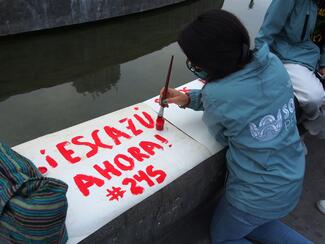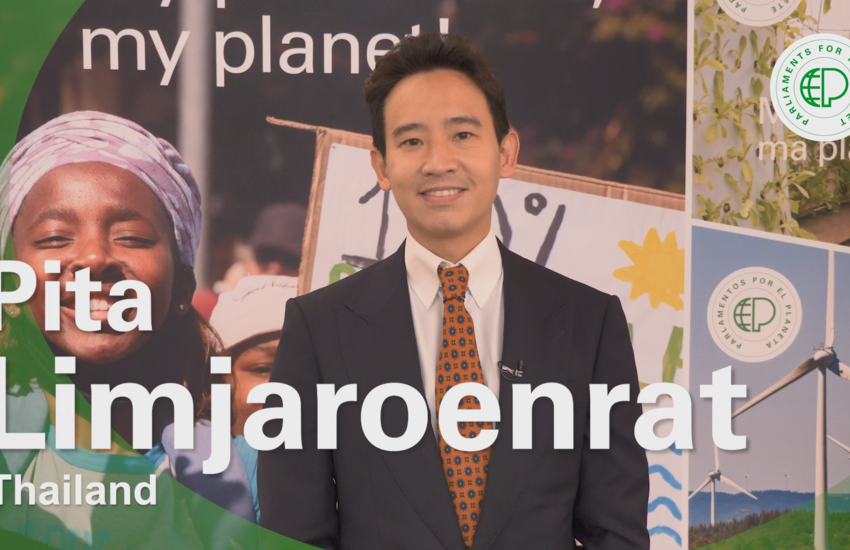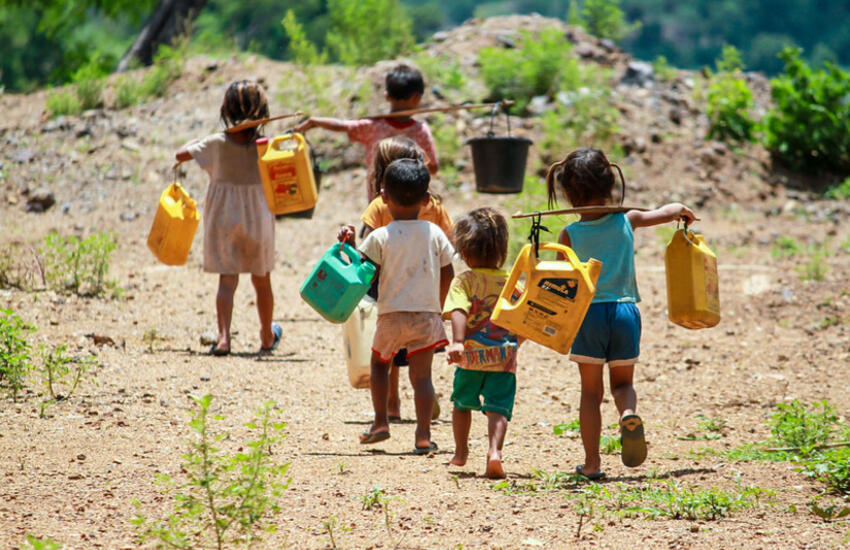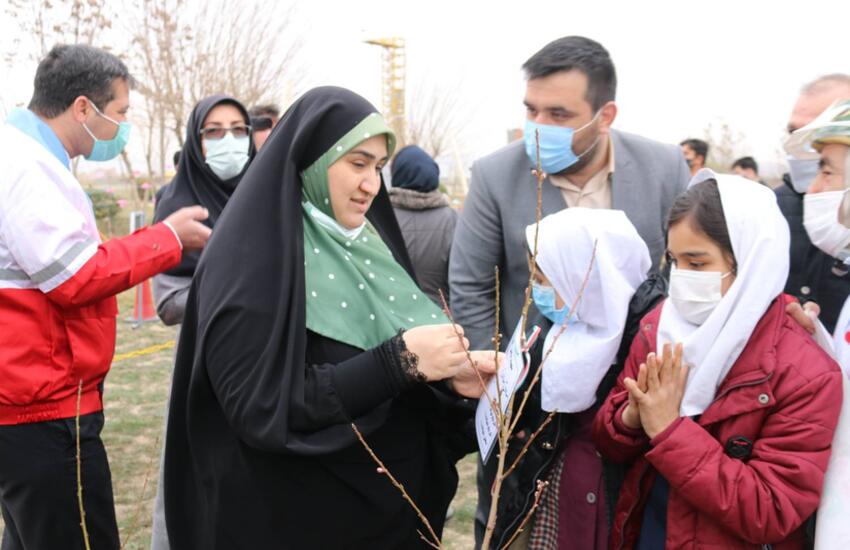Latin America has a wealth of vital natural resources, but it also struggles with deforestation, rapid biodiversity loss, pollution and climate change. In an era of escalating environmental challenges, this puts it on the front line of the battle for our planet’s future.
The conflict between public and private interest is a major part of the challenge. Narrow interests have profited indirectly from ecosystem degradation and the plundering of natural resources. But everybody pays the price.
The Escazú Agreement is widely seen as part of the solution.
The Agreement was the first ever environmental treaty involving a group of Latin American and Caribbean countries, and it was negotiated with the direct and very active participation of civil society representatives from right across the region.
It is also the first treaty of its kind that obliges State Parties to protect and promote human rights relating to the environment, including issues of citizen participation, environmental justice, access to information, and the rights of future generations.
Progress on implementation has been patchy so far. Some countries are struggling to endorse the Agreement, while others are firmly backing the initiative and developing new laws to support implementation.
Argentina was one of the treaty’s first signatories. However, its subsequent ratification process was fraught with challenges, and the bill languished amidst political change and competing priorities.
An IPU case study shows how parliaments can advance vital legislation to promote public engagement and citizen participation. In Argentina, a strong cross-party coalition of MPs were determined to promote the environment, human rights and good governance, so they applied the necessary political pressure to ratify the Agreement.
When President Mauricio Macri presented the ratification bill in September 2019, many MPs were preoccupied with upcoming elections and reluctant to spend time on the bill. The National Congress kept pressing the issue however, and – in response to the growing pressure – senators petitioned for the issue to be discussed. The ratification was endorsed in August 2020, with 70 votes in favour and none against. One month later, the bill became law.
The lengthy ratification process offered a rare display of cross-party support and highlighted the Agreement’s bipartisan appeal. Despite political divisions in the country, the Escazú Agreement was accepted by both sides, uniting many on Argentina’s environmental agenda.
To this day, ratification of the Escazú Agreement remains an outstanding example of political consensus in Argentina in the last decade. The political divide seemed to be unbridgeable following the 2021 congressional election, which sharpened political divisions between Juntos por el Cambio and Frente de Todos, the country’s two major coalitions.
Indeed, a key obstacle to the passage of complementary legislation was the fact that the Parliament could not bridge the differences between the ruling party and opposition. This legislative paralysis significantly complicated the development of public policy.
Economic stagnation also led many people to re-evaluate the use of their country’s significant natural resources.In an interview with the Directorio Legislativo Foundation, Senator Gladys Gonzáles argued that environmental issues were not a priority for parliaments.
“These initiatives don’t advance because these issues are not on the public agenda,” she said, urging activists and civil society organizations to push for their inclusion in the parliamentary agenda.
Fast forward to May - August 2023 and Argentina is meeting its international obligations under the Escazú Agreement, which requires governments to involve their citizens in discussions on the environment. As it works towards its first National Action Plan on implementing the Agreement, it has opened a public consultation, for example. Citizens are invited to discuss building government capacity, promoting open government, enabling citizen engagement and improving mechanisms for early participation.
Also in line with the Escazú Agreement, the Ministry of the Environment and Sustainable Development opened another public consultation in 2023 on a possible offshore oil field. Interested parties have been able to submit their feedback and opinions on an environmental impact assessment by Shell. A total of 145 contributions have been received, all of which have been carefully considered and answered, and the Ministry is currently deciding whether or not to grant an operating permit.
In Argentina, the Escazú Agreement has facilitated public engagement in the country’s environmental agenda. While coordination across all branches of government is essential, the Argentina example shows how public involvement is crucial to a country’s work on the environment.
The full case study will be available shortly.
Find out more about the IPU’s climate campaign Parliaments for the Planet.












